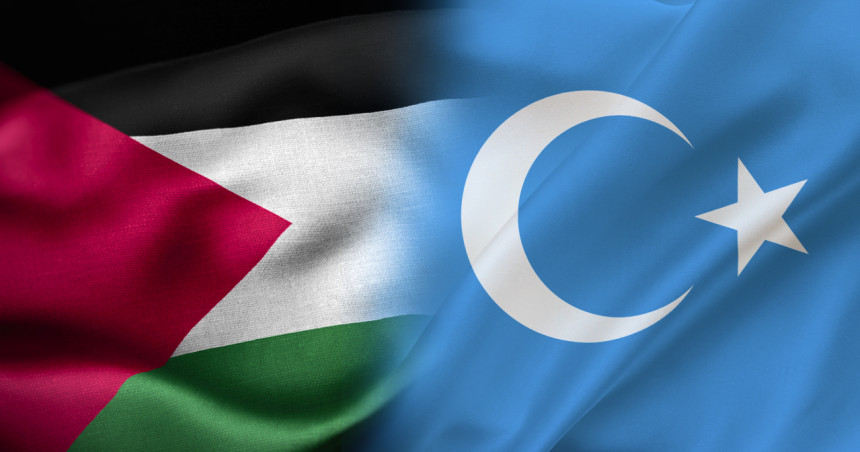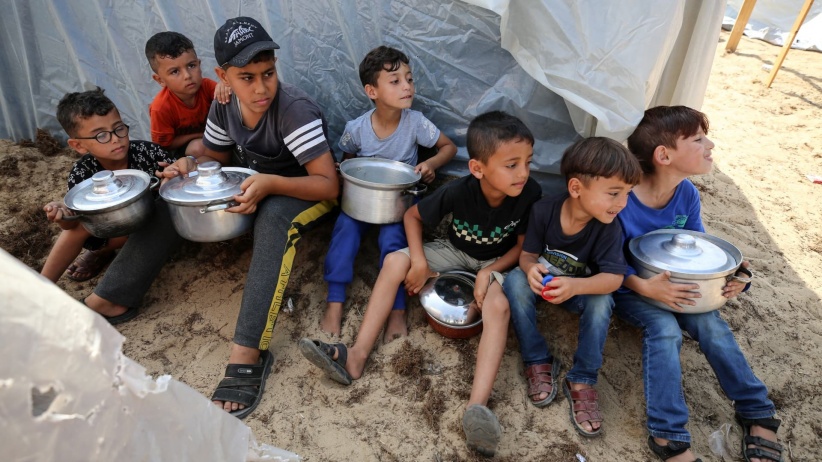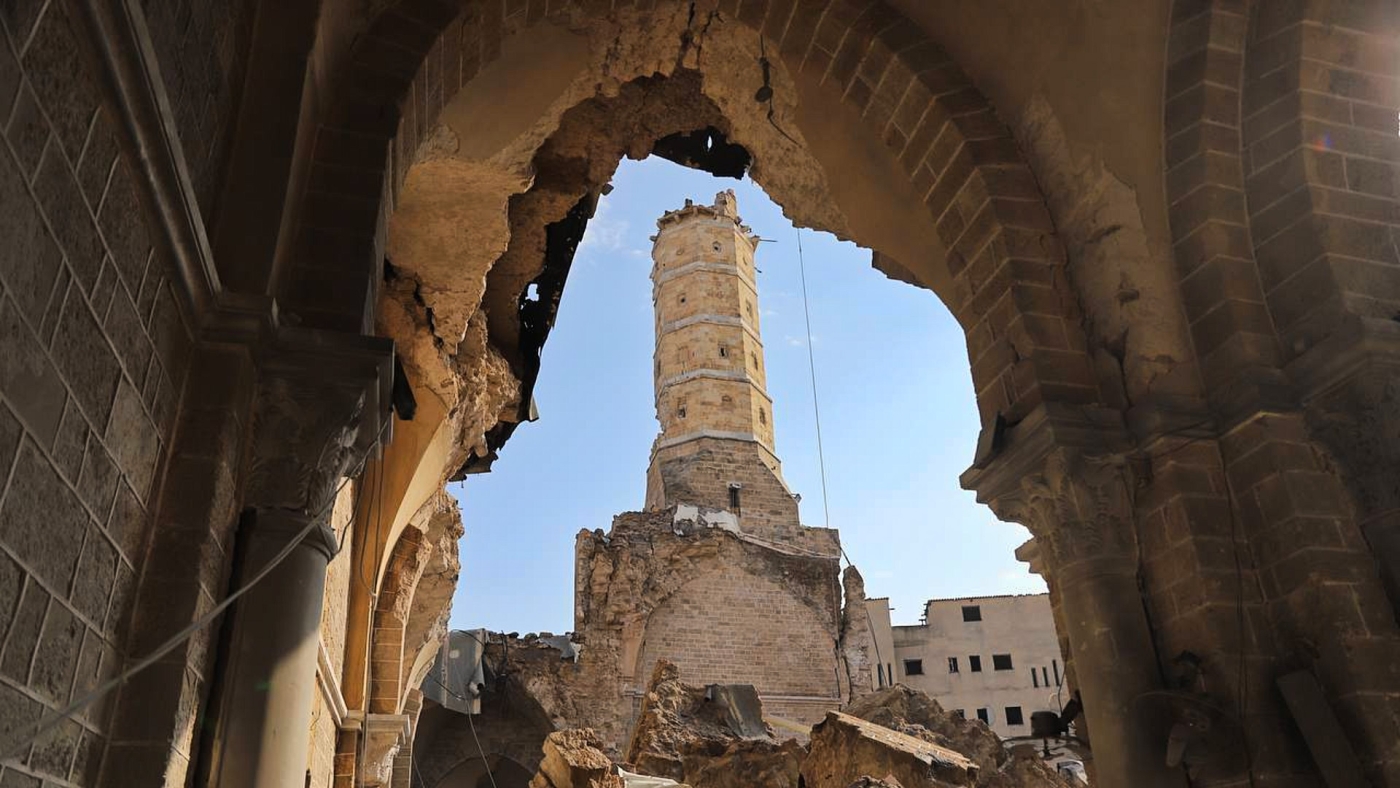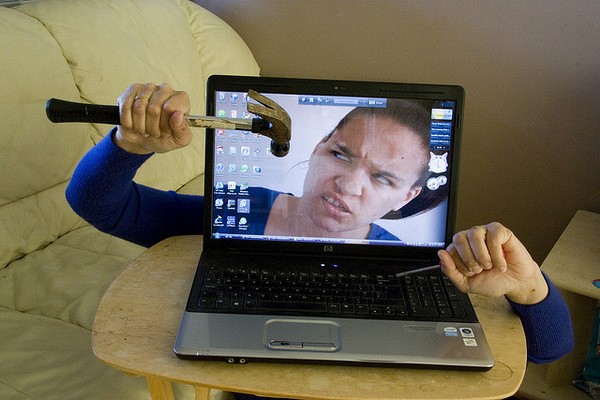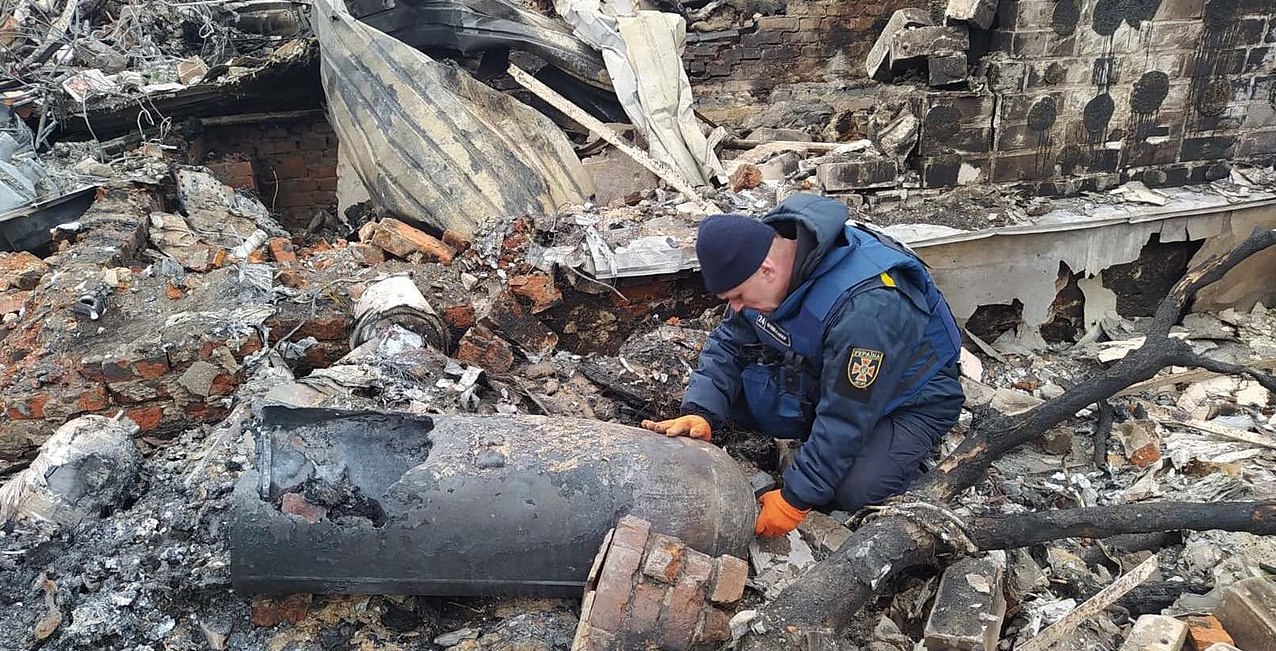
Ukraine accuses Russia of using chemical weapons
The Public Relations Service of the General Staff of the Armed Forces of Ukraine accused Russia of using chemical weapons in the ongoing conflict, with a staggering total of 815 recorded attacks since the commencement of the large-scale war. The report highlights the use of munitions equipped with poisonous chemical substances, particularly grenades such as the K-51, RGR, and RG-Vo, which contain the dangerous chemical compound CS. To gather evidence, Ukrainian radiation, chemical and bacteriological intelligence units have been carrying out sampling of soil, vegetation, and ammunition fragments, which are then sent for analysis. Documented cases of the use of dangerous chemicals are being submitted to investigative bodies as part of open criminal proceedings. (Photo: State Emergency Service of Ukraine via WikiMedia Commons)



